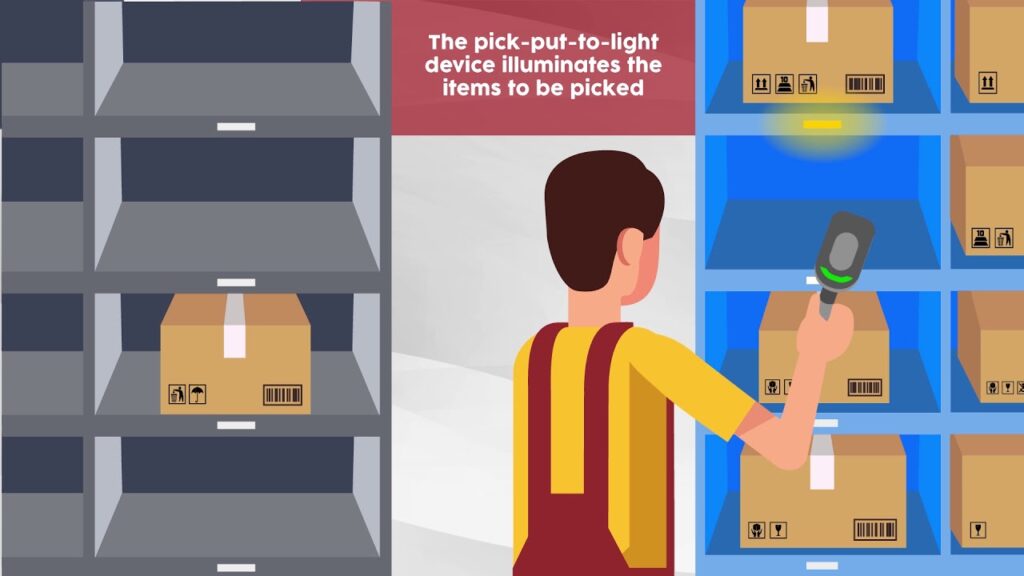The Industrial Revolution has transformed the world in unimaginable ways, and with the advent of Industry 4.0 technologies, we are witnessing yet another major revolution. Autonomous robots, Industrial Internet of Things (IIoT), and other cutting-edge innovations are reshaping industries and paving the way for a more efficient and productive future. In this article, we will explore the impact of these technologies on the industrial robot price and discuss the potential of an IIoT-based smart robotic warehouse management system for Industry 4.0.
The rapid advancement of Industry 4.0 technologies, such as autonomous robots, has revolutionized various industries by automating repetitive and time-consuming tasks. These robots are equipped with state-of-the-art sensors and artificial intelligence algorithms, enabling them to adapt and learn from their surroundings. As a result, they can perform tasks with precision and accuracy, significantly improving productivity and reducing the risk of errors.
One key consideration when adopting these emerging technologies is the industrial robot price. In the early stages of adoption, the cost of deploying autonomous robots may seem prohibitive for some companies. However, it is essential to evaluate the long-term benefits and potential return on investment (ROI) that these technologies offer. While the initial investment may be significant, the increased efficiency, reduced labor costs, and improved quality control can lead to substantial cost savings in the long run.
Furthermore, as the demand for autonomous robots and other Industry 4.0 technologies increases, it is expected that the industrial robot price will gradually decrease due to economies of scale and technological advancements. This trend has been observed over the years with various technologies, and it is likely to continue in the case of autonomous robots.
In addition to the cost implications, an IIoT-based smart robotic warehouse management system holds immense potential for Industry 4.0. This system integrates autonomous robots with a network of sensors, cloud computing capabilities, and advanced analytics to create a seamless and efficient warehouse management process.
With an IIoT-based system, autonomous robots can communicate with each other and with other machines in the warehouse, enabling real-time data exchange and coordination. This results in optimized routes, increased operational efficiency, and minimal errors. Moreover, the system can gather and analyze large volumes of data, providing valuable insights for process improvement and predictive maintenance.
The utilization of an IIoT-based smart robotic warehouse management system not only improves productivity but also enhances worker safety. The autonomous robots can handle heavy loads and perform physically demanding tasks, reducing the risk of injuries to human workers. This ensures a safer working environment while maximizing efficiency and throughput.
While the potential benefits of these technologies are evident, it is essential to address any concerns or challenges that arise during their implementation. For instance, one major challenge is ensuring the security and privacy of data in an IIoT-based system. With a vast amount of data being exchanged and processed, safeguarding sensitive information becomes paramount. Implementing robust cybersecurity measures and adhering to data protection regulations will be crucial in mitigating these risks.
Additionally, the integration of automated systems may require careful planning and coordination to ensure a smooth transition. Companies need to assess their existing infrastructure, identify areas for improvement, and develop a comprehensive implementation plan. Collaborating with experienced partners and suppliers can greatly facilitate this process, leveraging their expertise and knowledge in deploying Industry 4.0 technologies.
In conclusion, as Industry 4.0 continues to transform the industrial landscape, autonomous robots and IIoT-based systems are playing a pivotal role in driving efficiency and productivity. While the industrial robot price may initially appear high, the long-term benefits and potential cost savings make it a worthwhile investment. Moreover, an IIoT-based smart robotic warehouse management system holds immense potential, revolutionizing the way warehouses operate and maximizing operational efficiency. With careful planning and a focus on cybersecurity, these technologies can pave the way for a successful transition to Industry 4.0 and a more sustainable future.
Industrial Robot
“Revolutionizing Warehouse Management: A Smart Robotic Solution for Industry 4.0 and Affordable Industrial Robots”


